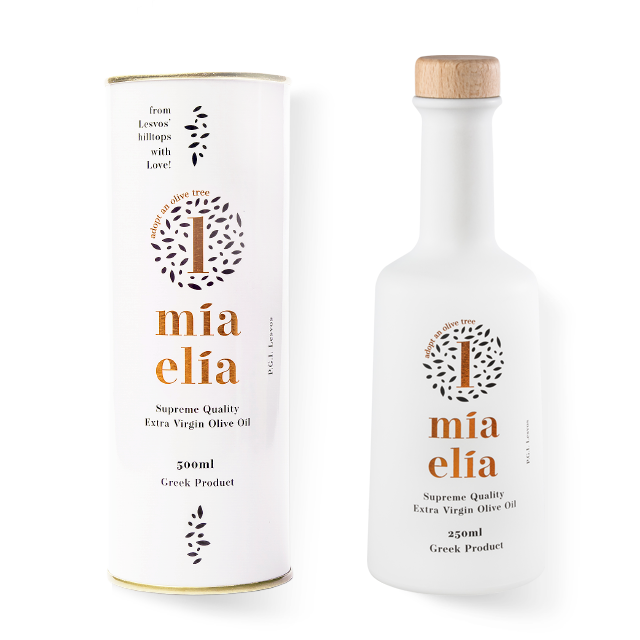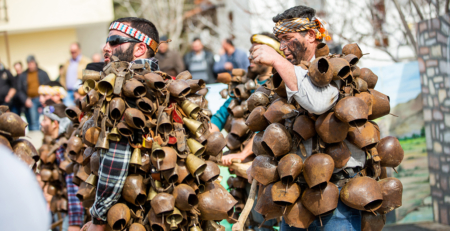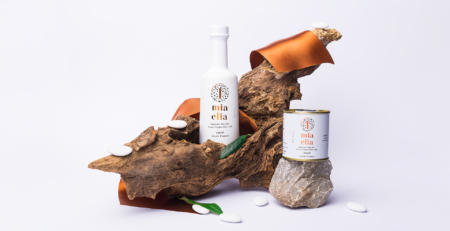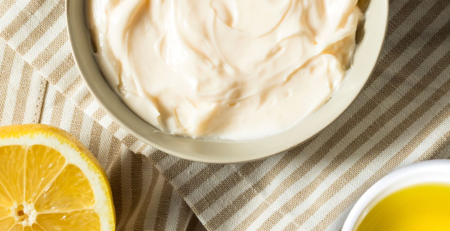Olive oil has been an integral part of life in the Mediterranean from the first stirrings of civilization and is being produced ever since. Specifically in Lesvos, people used their own traditional methods for producing this amazing gift from nature.
That’s why we thought that it would be interesting to share them with you!
Traditionally, they used water mills and stone presses in order to produce excellent quality olive oil, similar to the one produced today. Do you want to know how they did it? Well, imagine a beautiful scenery with hundreds of olive trees around and old, stone-made traditional mills supervised by hard-working villagers.
Let’s see the process!
- The harvesting period began in Autumn, when local families were collecting the olives from the trees by hand, as many of them keep on doing so now.
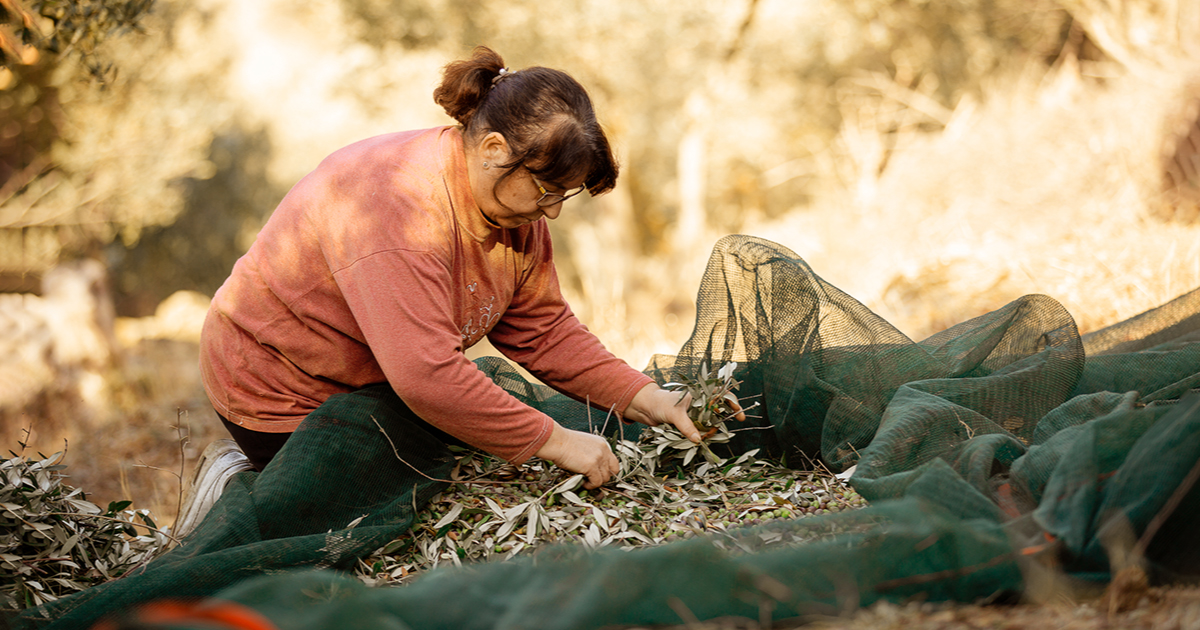
- Then they gathered the olives and washed them in order to remove leaves, dirt and any other unwanted materials that could interfere with the original taste of the final product.
- With the help of the traditional watermill, the olives were crushed by two large, rotating wheels, called “Volia”. These wheels were harnessing the power of water and finally the olives turned into paste. The purpose of crushing the olives is to tear the flesh cells to facilitate the release of the oil from the vacuoles.
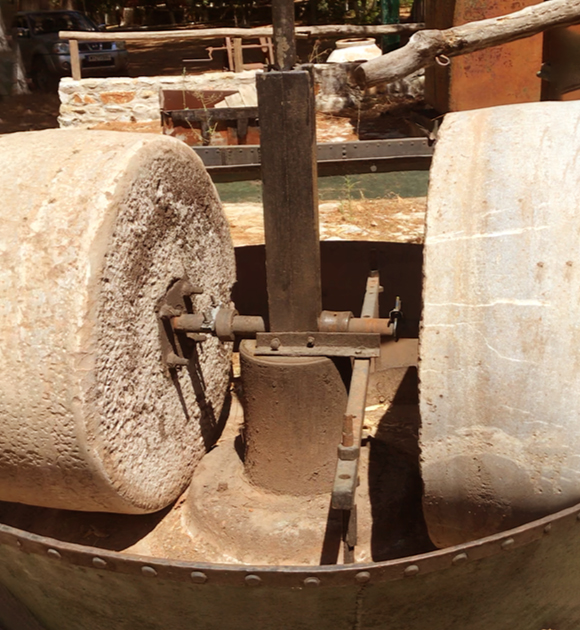
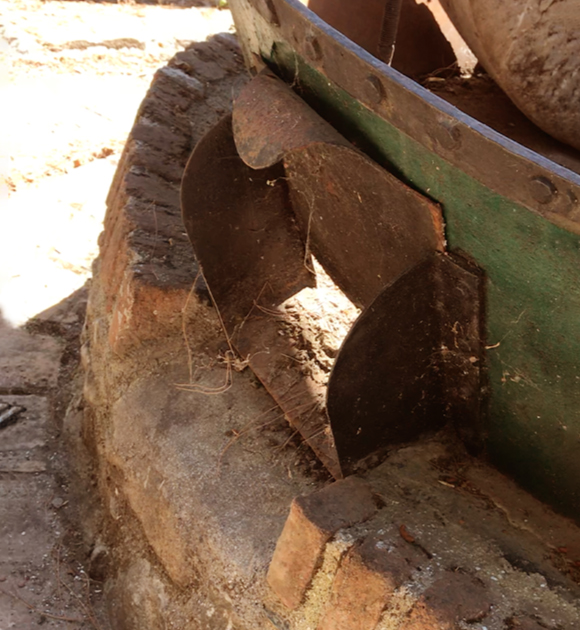
- Then they collected the olive paste from the machine’s little metallic door and stored it on filtering traditional bags. These bags were folded and placed one over the other in the bottom side of the traditional press called ”Piestirio”.
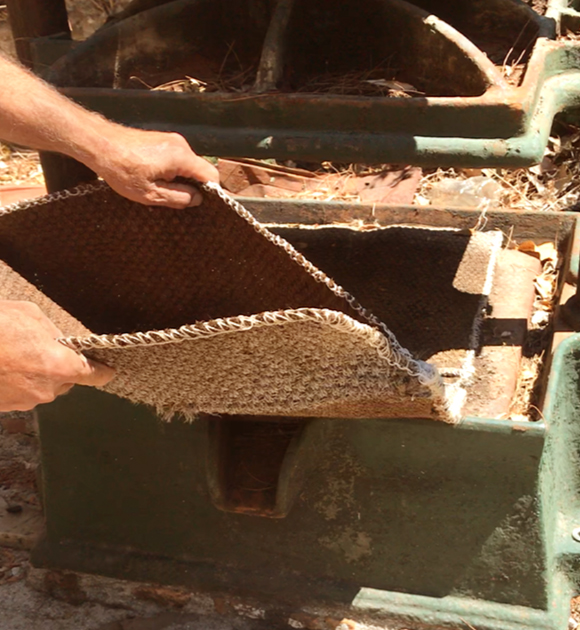
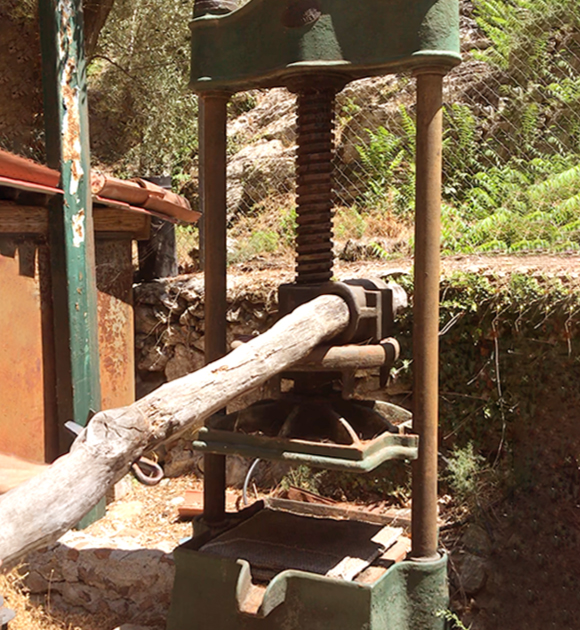
- The mixture of excess water and olive oil was extracted and then poured into a big tub so the oil can gradually come to the surface. The water was then drained off through a spout and poured into the river nearby.
- Finally, the olive oil was stored in large jars, named “Pitharia” for a month or so in order to take its final form and be ready to consume.
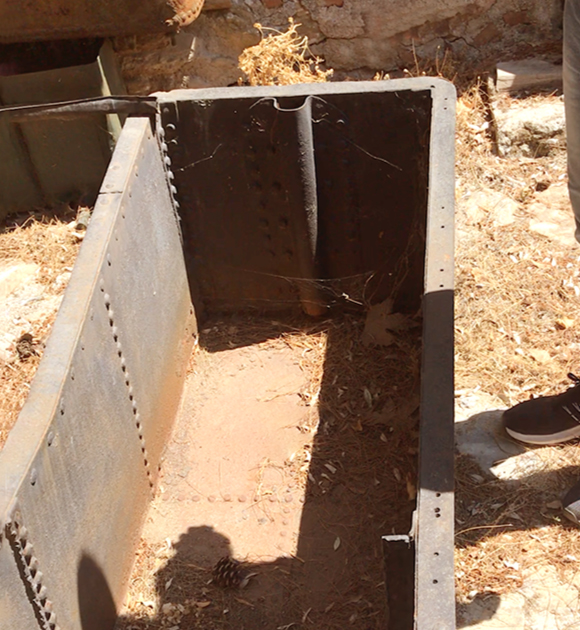
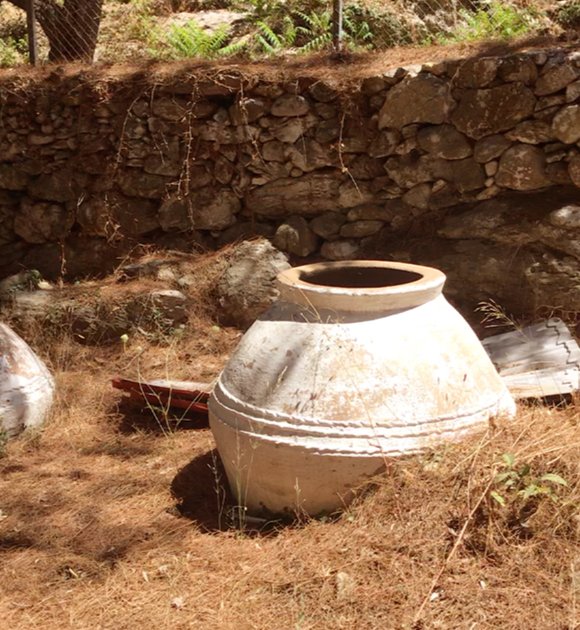
Nowadays, with the technology thriving, olive oil separators have replaced the traditional methods and productivity has been increased with the adoption of hydraulic pressing systems.
Here in “Mia Elia”, our main goal is to combine the wisdom and knowledge passed to us by the previous generations with the new technological means in order to produce authentic Greek extra virgin olive oil. That’s why we bottle our extra virgin olive oil in Protoulis’ Olive Mills.
Making the flavor extraordinary and the adoption journey memorable is what our project is all about!



